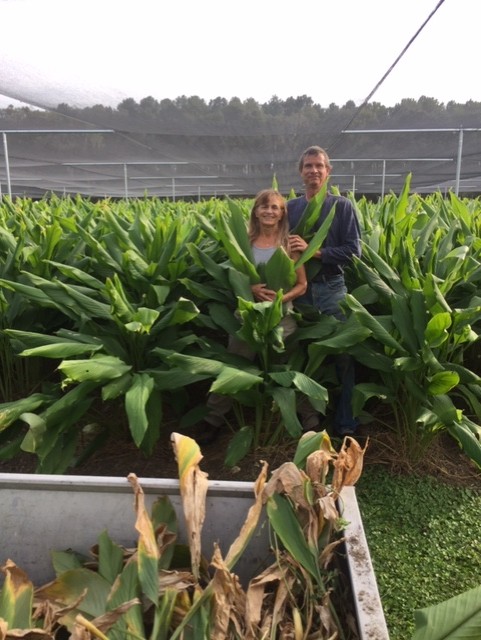A Wisconsin-based organic industry watchdog group warns that United States Department of Agriculture (USDA) rules are leaving American farmers at a major disadvantage compared to imported foods that can claim organic status with less oversight and fewer requirements. The result is cheaper imports that have less oversight and can out-price American-grown produce. OrganicEye says this is due to five key factors: This includes, but is not limited to, the examination of the growing and harvesting process, handling and packaging management of the produce, and inspection of the farm’s facilities.
U.S. organic farmers invest considerable time and money to fulfill these stipulations and receive the organic certification label thereby ensuring an organic product grown according to the guidelines.

Imported food often bypasses these procedures when it is either wildcrafted (foraged from natural habitats) in areas that have no parameters at all or grown on farms that do not adhere to these regulations because they are operated by micro-farm-units (often families) and centralized through an international “grower group.” These group certifications were primarily intended for imported crops, such as coffee, tea, spices, cocoa, and tropical fruit not produced in the United States. Annually, only around 2 percent of all farms consolidated under a “grower groups umbrella” are inspected by an independent entity, Mark Kastel, executive director of OrganicEye told The Epoch Times in an .























